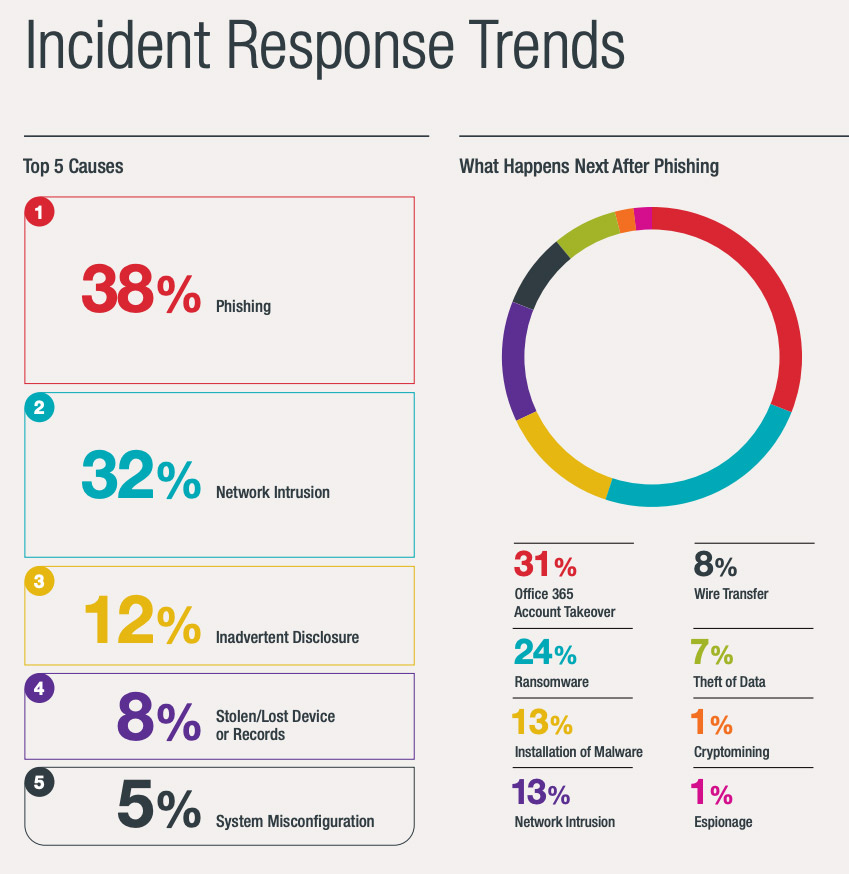The Abrego Garcia Case: Examining The Complexities Of US Asylum Policy

Table of Contents
H2: The Facts of the Abrego Garcia Case
The Abrego Garcia Case involved an individual (we will refer to as Mr. Abrego Garcia for simplicity and privacy concerns) seeking asylum in the United States. While the specifics of the case may vary based on available public information and to protect the identity of the individual involved, we can analyze the general issues presented. Let's assume, for illustrative purposes, the following:
- Country of Origin and Relevant Political/Social Context: Mr. Abrego Garcia was allegedly fleeing persecution in a Central American nation experiencing widespread political instability, gang violence, and a climate of fear impacting civil liberties. The specific context, including human rights abuses and the lack of state protection, was central to the case.
- Nature of the Alleged Persecution: Mr. Abrego Garcia claimed he faced credible threats of violence and potential death due to his political affiliation and activism against the ruling regime. These threats included targeted harassment, intimidation, and physical assault.
- Initial Asylum Application and the Decision of the Immigration Judge: Mr. Abrego Garcia initially applied for asylum through the established channels. The immigration judge, after considering the evidence presented, initially denied the application, citing concerns about the credibility of his claims.
- Appeals Process and the Decisions Made at Each Level: Mr. Abrego Garcia appealed the decision, leading to a series of appeals to higher courts. Each level of appeal involved a review of evidence and legal arguments, ultimately influencing the final ruling.
H2: Key Legal Issues and Precedents
The Abrego Garcia Case centered on several key legal issues, including the interpretation of existing statutes and precedents within US immigration law:
- Definition of "well-founded fear of persecution" under US law: The case examined the legal definition of “well-founded fear” as it applies to persecution, considering both the objective reality of the situation in the applicant's country of origin and the subjective credibility of the applicant's claims.
- The role of credible fear determination in the asylum process: A crucial aspect involved the determination of "credible fear," which is a preliminary assessment that determines whether an individual has a significant chance of establishing eligibility for asylum.
- Specific legal precedents and how they informed the court's decision: The court referenced several prior case precedents to define the legal standards used in determining asylum eligibility and the weight given to specific types of evidence.
- Impact on the interpretation of existing laws related to asylum: The decision in this case may have subtly or significantly influenced the interpretation of particular phrases or sections of the existing asylum law, setting a precedent for future cases.
H2: Analysis of the Court's Decision
Analyzing the court's decision in the hypothetical Abrego Garcia Case requires careful consideration of multiple factors:
- Majority opinion and the rationale behind it: The majority opinion in this hypothetical example could have upheld the initial denial, citing insufficient evidence or concerns about the credibility of the applicant's testimony. Alternatively, it could have reversed the lower court's decision, recognizing the severe conditions in the country of origin and the plausibility of the threats faced.
- Dissenting opinions (if any) and their counterarguments: Dissenting opinions might have raised concerns about the precedent set by the ruling, questioning the standard of proof for asylum claims or highlighting the potential for abuse of the system.
- The impact of the decision on future asylum cases: The court’s decision would undoubtedly create a precedent for future asylum cases, potentially influencing the criteria used in assessing claims from individuals with similar backgrounds or facing similar circumstances.
- Evaluation of the legal standards applied in the case: Analyzing the legal standards applied is vital to understanding the implications of the case.
H2: Implications for US Asylum Policy
The Abrego Garcia Case, whether hypothetical or real (with details obscured for privacy), has significant implications for US asylum policy:
- Changes in asylum application procedures or eligibility criteria: The court's interpretation could lead to changes in the application process, including more stringent documentation requirements or changes in the weighting given to specific evidence.
- Impact on the backlog of asylum cases: Court rulings can directly or indirectly impact the processing time of pending asylum cases, contributing to the already extensive backlog.
- Potential for legislative changes in response to the case: The case could spark debates in Congress, resulting in legislative changes aimed at reforming asylum law to either tighten or loosen restrictions.
- Long-term effects on the US immigration system: The long-term effect may involve shifts in the interpretation of existing laws and policies, setting the stage for future legal challenges and debates surrounding immigration reform.
H2: The Abrego Garcia Case and Current Debates
The Abrego Garcia Case, even in its hypothetical form, is inextricably linked to ongoing debates:
- How the case influences current political discourse: The case becomes a focal point for political discussions about immigration policies, border security, and the humane treatment of asylum seekers.
- Relationship to broader debates about immigration enforcement: The case highlights the challenges of balancing national security and humanitarian concerns in the asylum process.
- The case's role in shaping public opinion on asylum: Public opinion on asylum seekers can be significantly shaped by court decisions and their media portrayal, influencing policy debates.
- Potential future legal challenges arising from the case's precedent: The precedent set by the case may lead to further legal challenges as attorneys and advocacy groups attempt to interpret and apply the ruling in subsequent cases.
3. Conclusion
The Abrego Garcia Case, although presented hypothetically to protect privacy, showcases the inherent complexities within the US asylum system. Its impact on the interpretation of "well-founded fear," credible fear determinations, and the application of legal precedents significantly shapes the asylum process for countless individuals seeking refuge. Understanding the Abrego Garcia Case requires delving into the nuances of US immigration law and the ongoing debates surrounding immigration reform. We urge readers to further research the Abrego Garcia Case and related cases, such as [insert relevant case examples here], and to familiarize themselves with resources from the UNHCR, the ACLU, and relevant government websites to gain a deeper understanding of this crucial aspect of US asylum policy. Only through continued informed discussion and advocacy can we ensure a fair and just asylum process for vulnerable populations.

Featured Posts
-
 Fanatics Your One Stop Shop For Boston Celtics Gear During Their Back To Back Finals Run
May 09, 2025
Fanatics Your One Stop Shop For Boston Celtics Gear During Their Back To Back Finals Run
May 09, 2025 -
 Office365 Breaches Net Millions For Hacker Targeting Executives
May 09, 2025
Office365 Breaches Net Millions For Hacker Targeting Executives
May 09, 2025 -
 Spac Stock Frenzy Is This Micro Strategy Competitor Worth The Hype
May 09, 2025
Spac Stock Frenzy Is This Micro Strategy Competitor Worth The Hype
May 09, 2025 -
 From 3 K Babysitter To 3 6 K Daycare A Cautionary Tale Of Childcare Costs
May 09, 2025
From 3 K Babysitter To 3 6 K Daycare A Cautionary Tale Of Childcare Costs
May 09, 2025 -
 Finding The Real Safe Bet A Practical Guide To Secure Investing
May 09, 2025
Finding The Real Safe Bet A Practical Guide To Secure Investing
May 09, 2025
Latest Posts
-
 How Harry Styles Responded To A Subpar Snl Impression
May 09, 2025
How Harry Styles Responded To A Subpar Snl Impression
May 09, 2025 -
 The Snl Impression That Left Harry Styles Heartbroken
May 09, 2025
The Snl Impression That Left Harry Styles Heartbroken
May 09, 2025 -
 Harry Styles Reaction To A Hilariously Bad Snl Impression
May 09, 2025
Harry Styles Reaction To A Hilariously Bad Snl Impression
May 09, 2025 -
 Harry Styles Reacts To A Hilariously Bad Snl Impression
May 09, 2025
Harry Styles Reacts To A Hilariously Bad Snl Impression
May 09, 2025 -
 The Snl Harry Styles Impression A Disappointing Take And His Reaction
May 09, 2025
The Snl Harry Styles Impression A Disappointing Take And His Reaction
May 09, 2025
